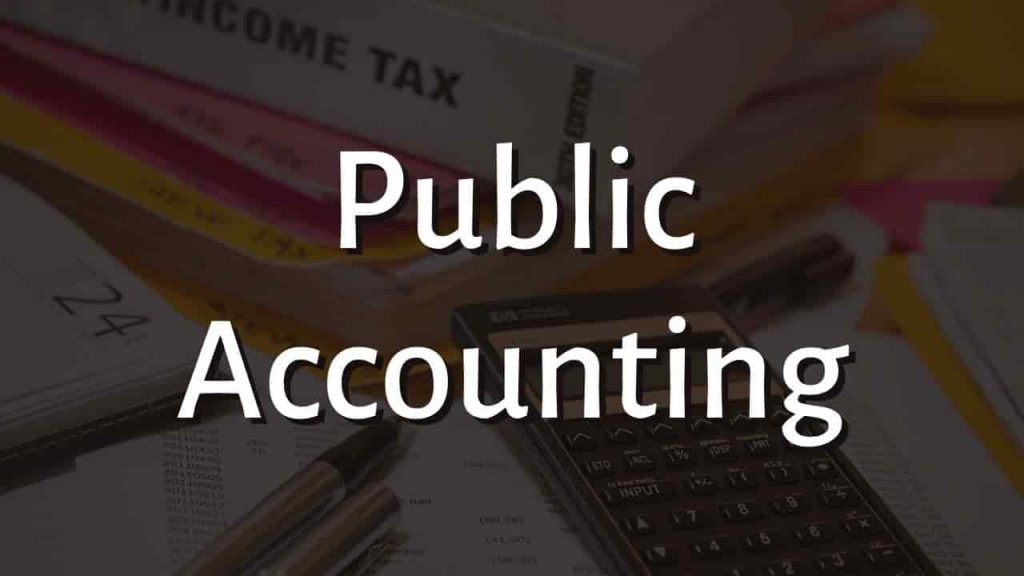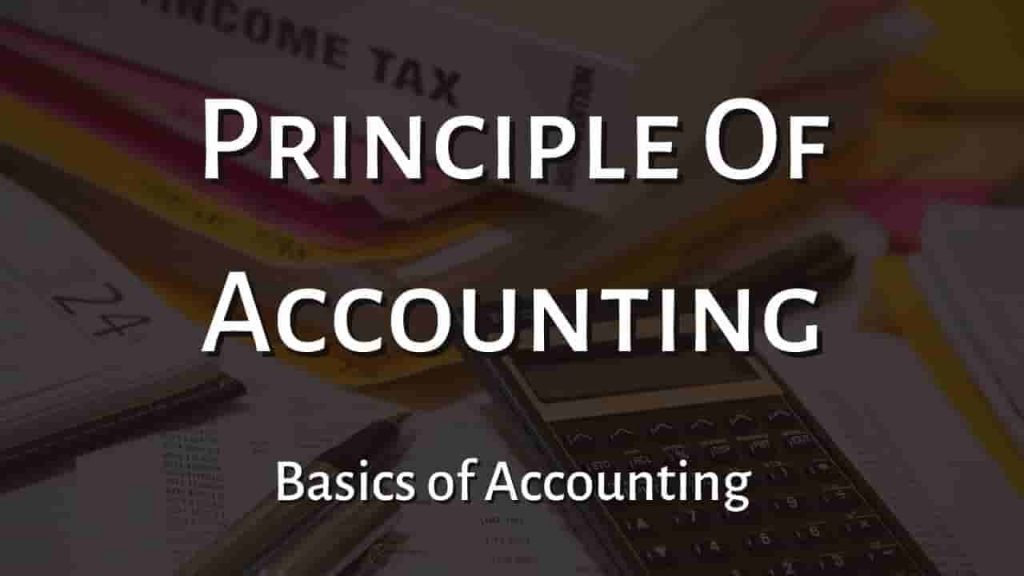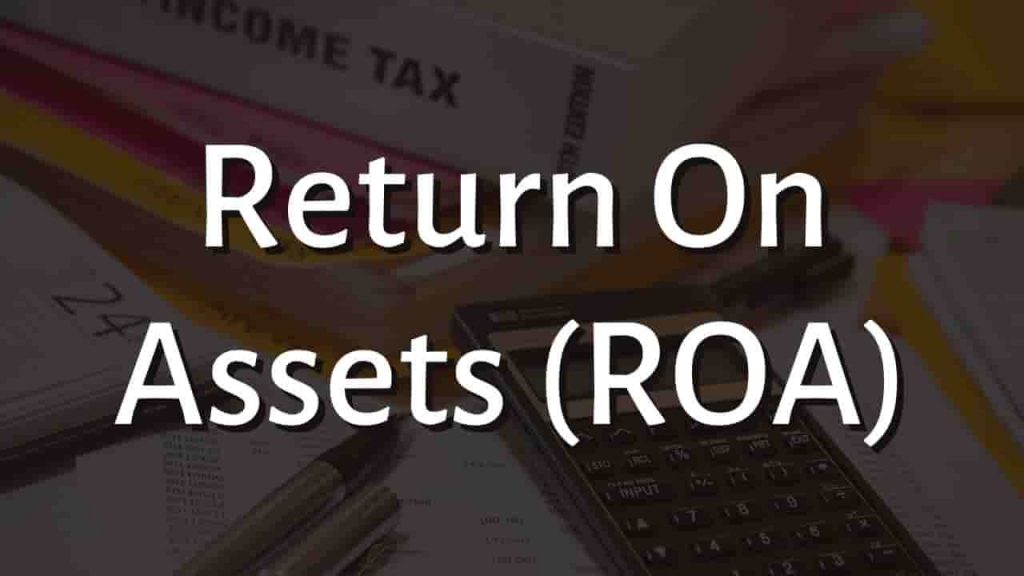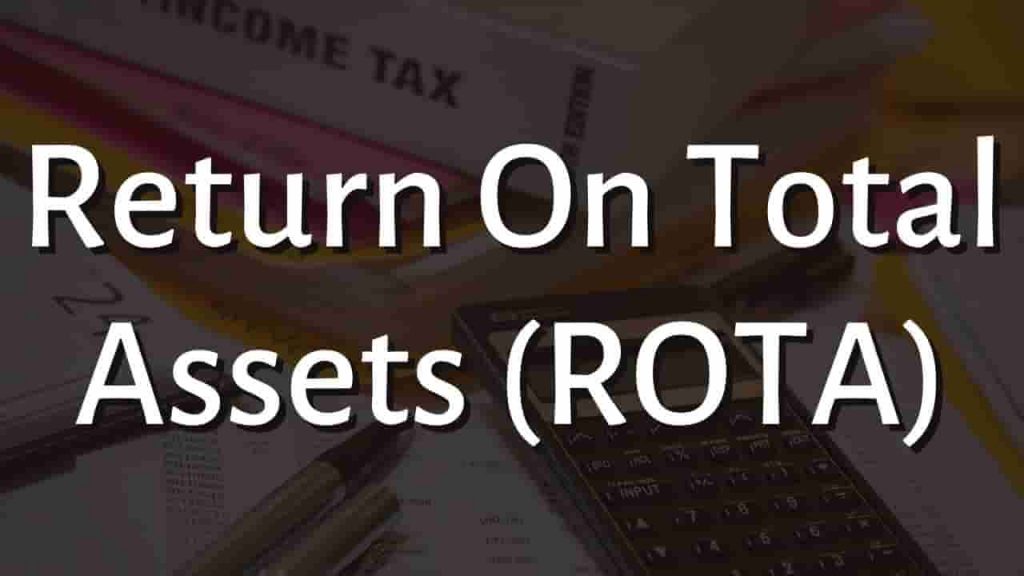Public Accounting
Public accounting firms serve customers such as corporations (retailers, manufacturers, service providers, and so on), individuals, nonprofit groups, and governmental entities.
The scale of public accounting companies ranges from sole practitioners to a few large international businesses that employ hundreds of thousands of CPAs worldwide. Local and regional businesses exist alongside extremely large national and multinational corporations.
Certified public accountants, or CPAs, are frequently engaged in public accounting. After several years of expertise, many accountants quit the bigger public accounting firms to work for a business or another group. They are now known as a private accountant, corporate accountant, or internal accountant in their new employment.
Positions in Public Accounting
The following are the usual jobs positions used inside a big public accounting firm:
Staff Auditor
Under the direction of a Senior, a Staff Auditor (1-3 years experience) does the detailed work of a financial audit. Staff Auditors will frequently begin directing minor audits at the two-year level.
Tax Staff
Under the direction of a Tax Senior and/or Tax Manager, Tax Staff (1-3 years experience) prepares tax returns, studies tax matters, and counsels customers on tax issues.
Management Services/Consulting Staff
Under the leadership of a Senior or Manager, Management Services/Consulting Staff (1-3 years experience) performs a variety of consulting and management advisory services and verifies the integrity of client systems.
Senior Auditor
Senior auditors (3-6 years experience) operate under the supervision of an Audit Manager. Responsibilities include audit fieldwork guidance, detailed work assignment to Staff, and examination of their working documents. Prepares financial statements, prepares business tax filings, and makes recommendations for improving internal controls.
Tax Senior
Tax Seniors (3-6 years) work directly under the supervision of a Tax Manager and/or Tax Partner. Prepares or evaluates tax returns for individuals and companies, does tax research, gives tax planning advice, and analyses the law for prospective tax savings.
Management Services/Consulting Senior
Management/Consulting Services Senior (3-6 years experience) works under the supervision of a Manager and/or a Partner. Performs and/or oversees specific consulting tasks within client businesses covering diverse functional areas (computing, management, marketing).
Audit Manager
Audit Manager (6+ years of experience) manages Seniors and Staff. Responsible for audit program approval, personnel scheduling, audit working papers review, financial statement disclosure footnote approval, day-to-day client contacts, engagement billing, and training and assessment of Staff and Seniors.
Because this level is only offered to people with Partner potential, attaining it is important to long-term success within a CPA company.
Tax Manager
Tax Manager (with 6+ years of experience) oversees and evaluates Staff and Senior Tax Staff approves company tax returns produced by Audit Staff and is available for consultation to Audit Staff.
Tax planning and preparation for individuals, estates, trusts, and small enterprises is also performed, as is research into uncommon tax concerns. Because this level is only offered to people with Partner potential, attaining it is important to long-term success within a CPA company.
Management Services/Consulting Manager
Management Services/Consulting Manager (with 6+ years of experience) keeps direct touch with business personnel. Internal control methods, operational control procedures, operational budgeting, corporate finance, project or department evaluations, and a range of special purpose studies are all responsibilities.
Because this level is only offered to people with Partner potential, attaining it is important to long-term success within a CPA company.
Partner
The partner level is prized since only roughly 2% of all people entering CPA companies will attain this level. The financial benefits are substantial. In most cases, the Partner purchases equity in the business and thereby shares in all profits.
To become a Partner, a professional must typically be a CPA. In bigger businesses, a comparable position of Principal is available to meritorious non-CPA professionals. An Audit, Tax, or Consulting Partner is usually in charge of all client-related tasks.
Senior Partner
A Senior Partner is responsible for all of the responsibilities of a Partner. The title of Senior Partner is earned by years of service with a firm and professional administration of crucial accounts.
Senior Partner status can also be obtained by serving on the Executive Committee, which is in charge of defining the firm’s policies, planning operations, and providing day-to-day management and administration of one or more branch offices or regions.
Public Accounting Services
Public accountants’ services are often classified into three types:
Accounting and auditing services
Accounting and auditing services include the maintenance of financial records as well as the preparation and auditing of financial statements for use by outside investors and banks.
Tax preparation services
Tax preparation services include counseling customers on tax deductions, tax planning, and other tax-related concerns, as well as preparing tax returns.
Consulting services
Consulting services can include individual financial planning as well as company consultancy services to assist management in designing, developing, and implementing accounting systems and staff compensation packages.
Public Accounting Vs Private Accounting
Financial statements and reports are prepared in both public and private accounting. They are both active in auditing, but from opposing perspectives. Other distinctions between public and private accounting may have an impact on their professional path. The primary distinctions are as follows:
Job Responsibilities
Before financial papers are exposed to the public, public accountants must verify them for correctness and completeness. Private accountants study internal company records for their clients and collaborate with financial managers to set budgets and evaluate fiscal performance.
A private accountant’s daily responsibilities may also include management reporting, such as journal entries and account reconciliation.
Certifications and Education
A bachelor’s degree in accounting is required for both public and private accounting. To perform public accounting, you must have a CPA (certified public accountant) license. You can submit reports with the Securities and Exchange Commission if you have a CPA license (SEC).
If you obtain your CPA license, you must complete continuing education credits in order to keep your license. Private accounting does not need certification, however, some, such as CIA (Certified Internal Auditor) or CMA (Certified Management Accountant), may make you a more competitive job applicant.
Workplace Environment
Certain seasons of the year are busier than others for both public and private accountants. Public accountants, for example, are busier during tax season, but private accountants are busier towards the conclusion of a fiscal quarter.
Another distinction in the workplace is that public accountants operate in unexpected workplaces with variable timetables. Public accountants deal with a wide range of customers, from individuals to large organizations and, on occasion, the government.
A public accountant frequently travels to the sites of their clients and is frequently working under tight deadlines. Private accountants often work standard business hours.
A Career Path
Public accountants begin in entry-level roles and can advance to more senior positions as their careers improve. They can progress until they achieve the highest level, which might be an audit partner in a company. Private accountants often begin in entry-level jobs, with the most senior position being that of a CFO (chief financial officer).
Skills
Because public accountants deal with a wide range of customers, they must be comfortable interviewing and talking with them as part of the auditing process.
Private accountants will also require interviewing abilities, but their interview subjects will be confined to those within their client’s organization.
Self-motivation, ethics, organizational skills, the ability to handle deadlines, good communication skills, and fluency in new technologies are essential for both public and private accounting.
For more click here and if you are looking for full forms of different acronyms and words then check out this list you really gonna find this helpful. We also have an Essay on every topic, Check the complete list here. If you are Studying in Matric Free Video Lectures of Maths, Physics and English are here, and we have got you covered for I.COM Business Maths also.







